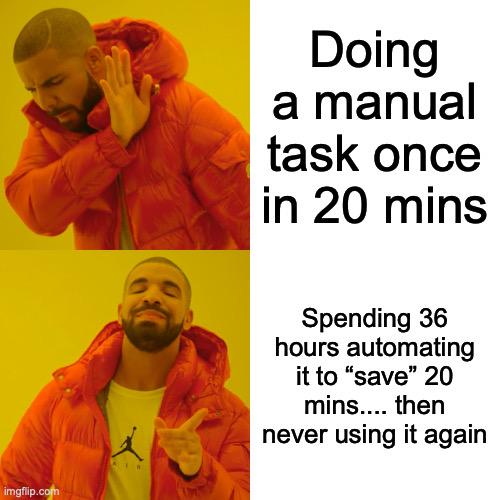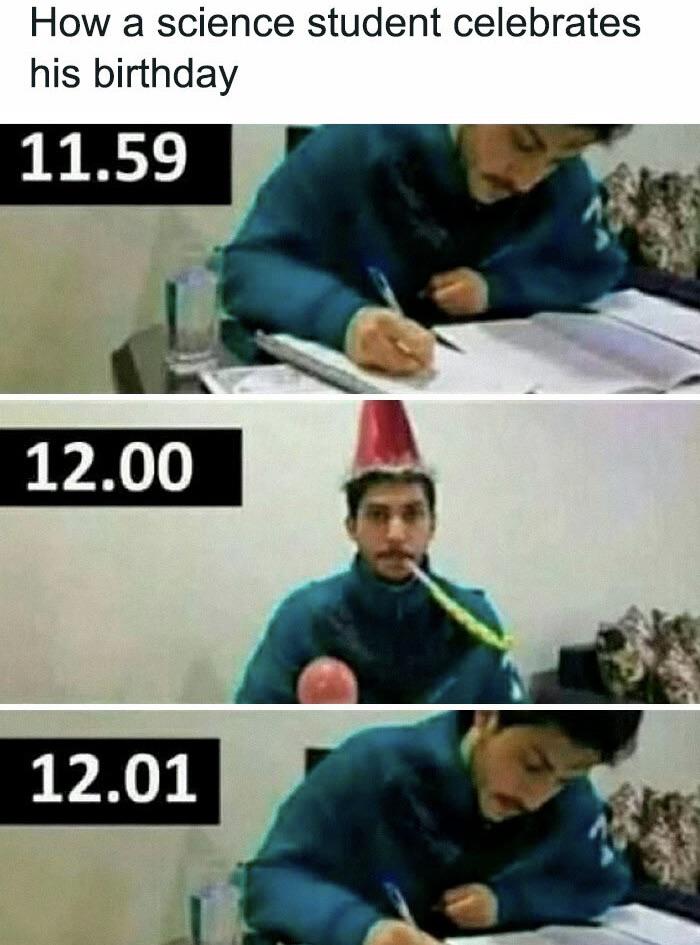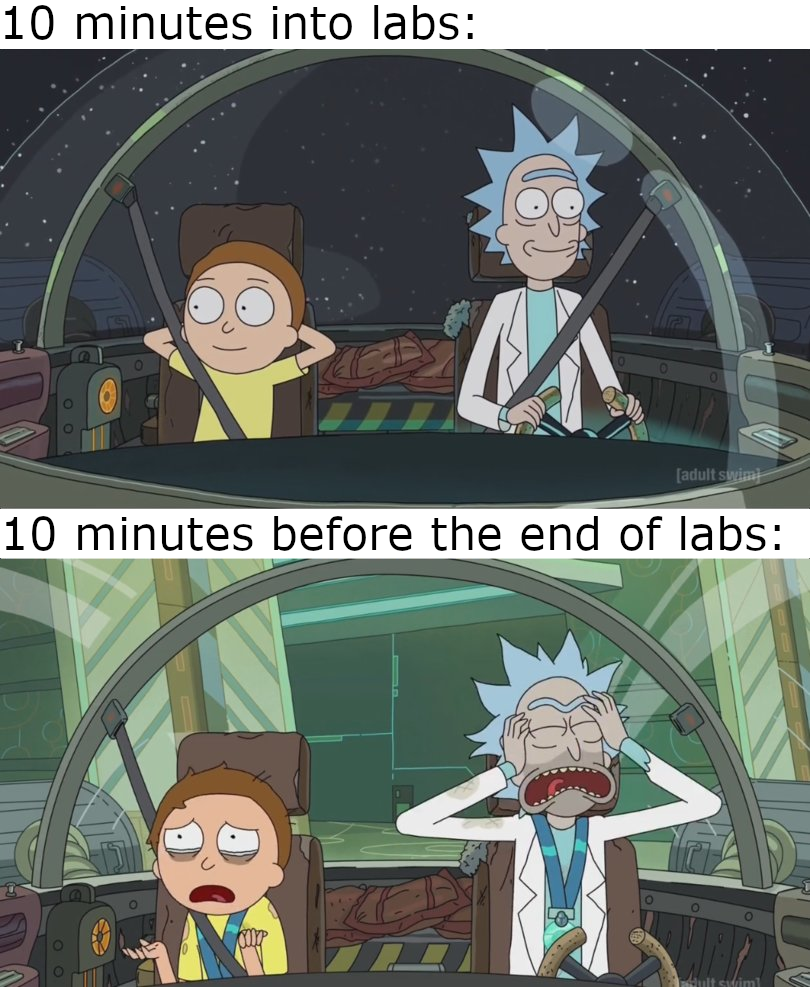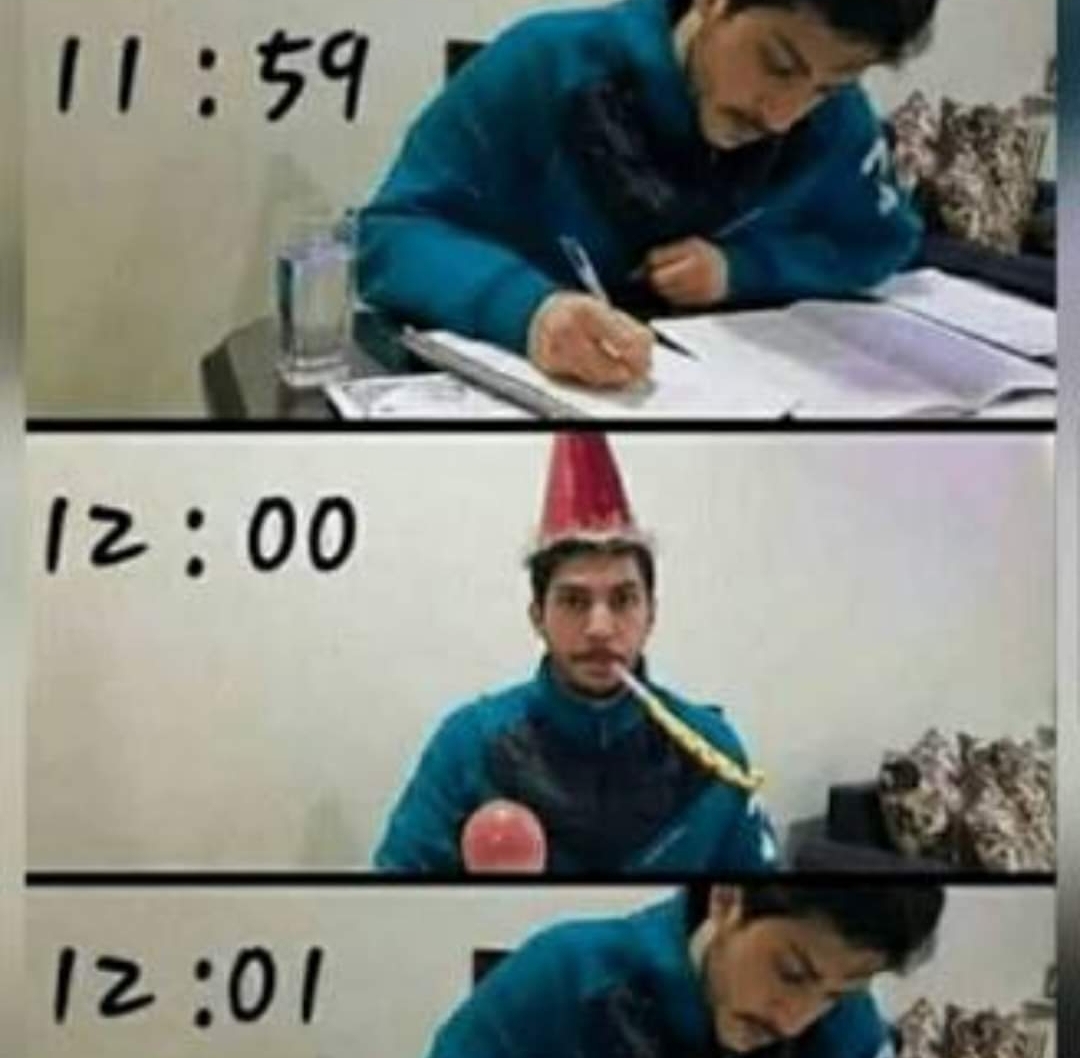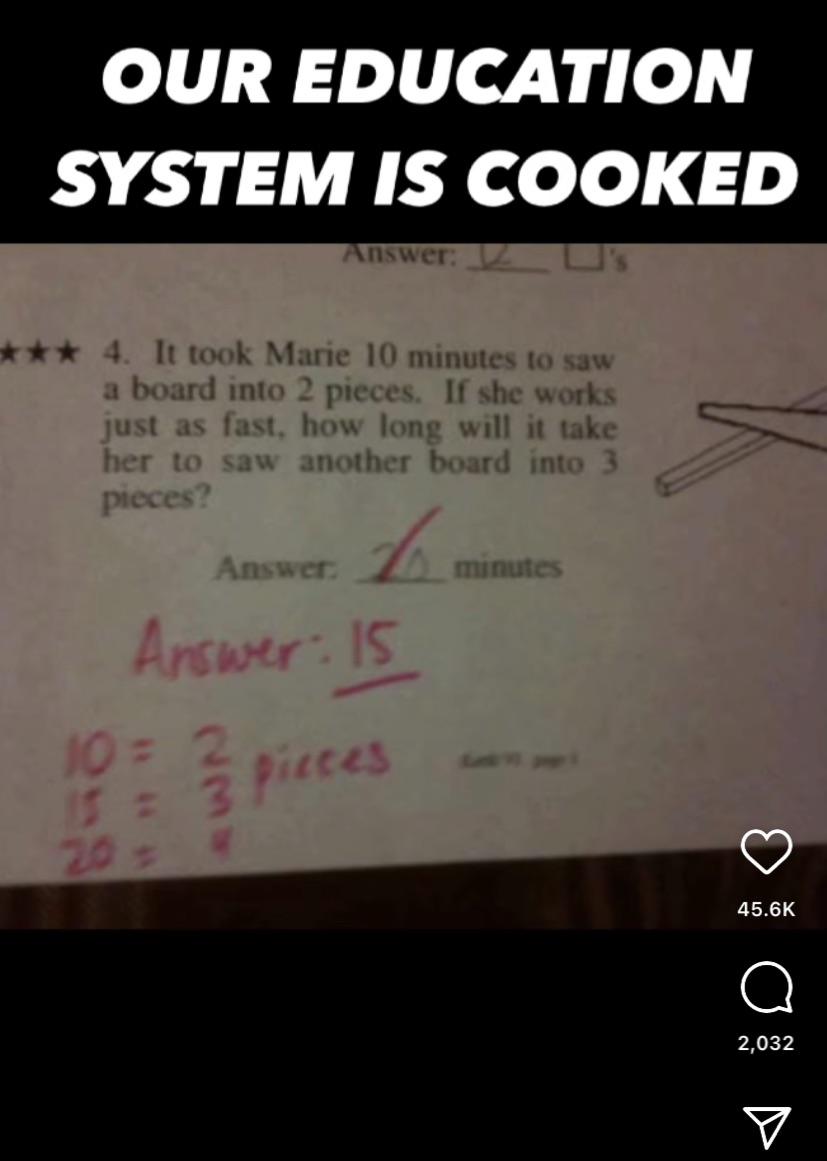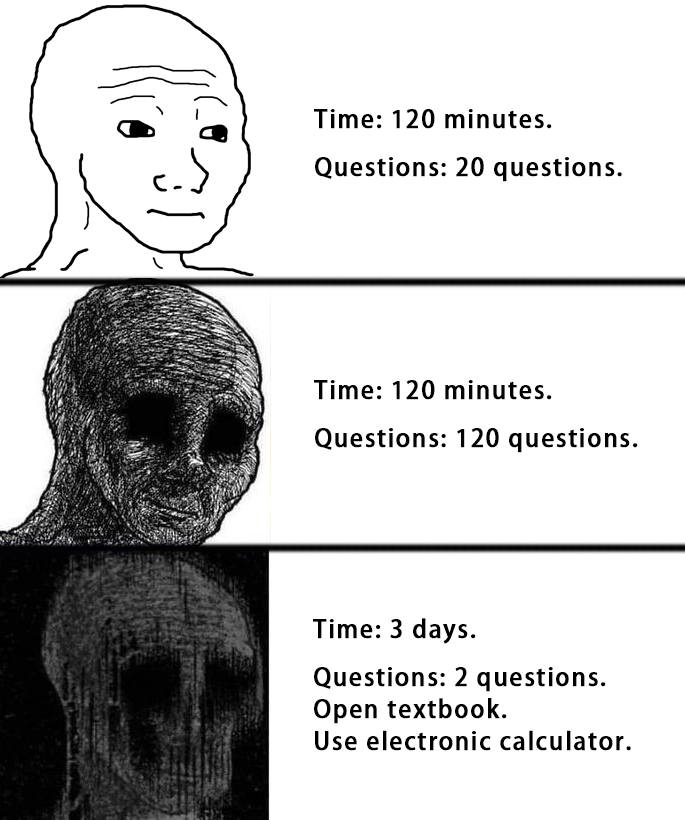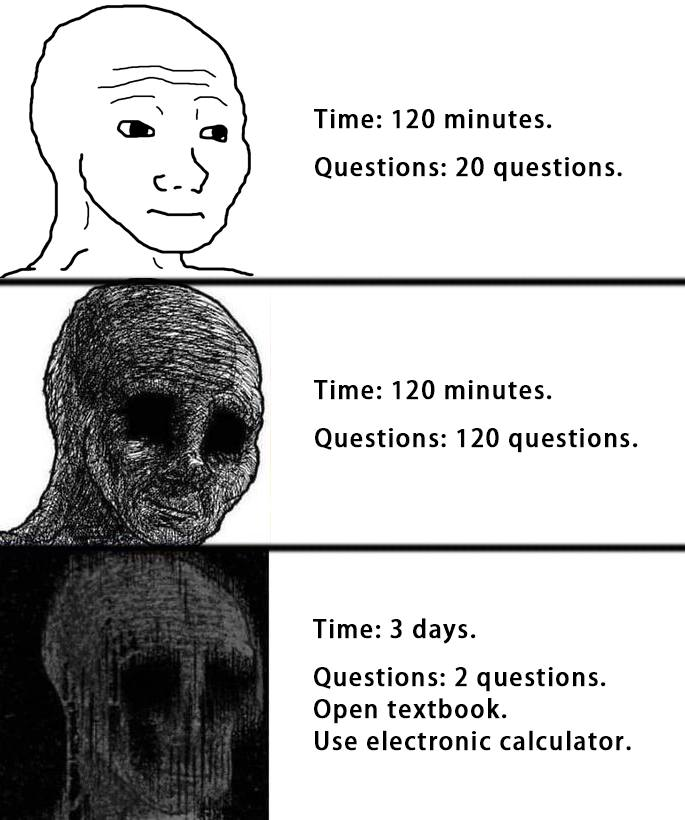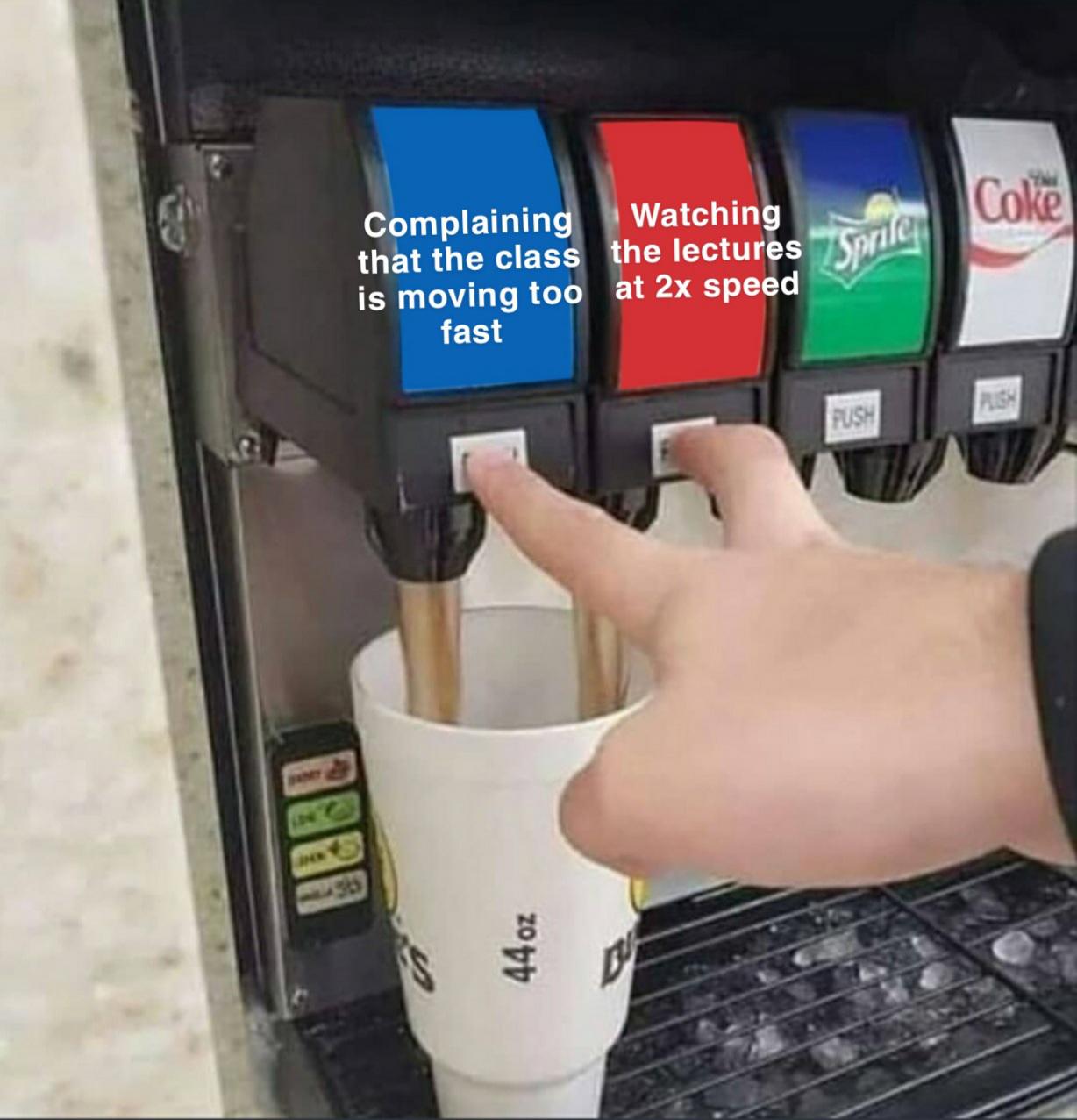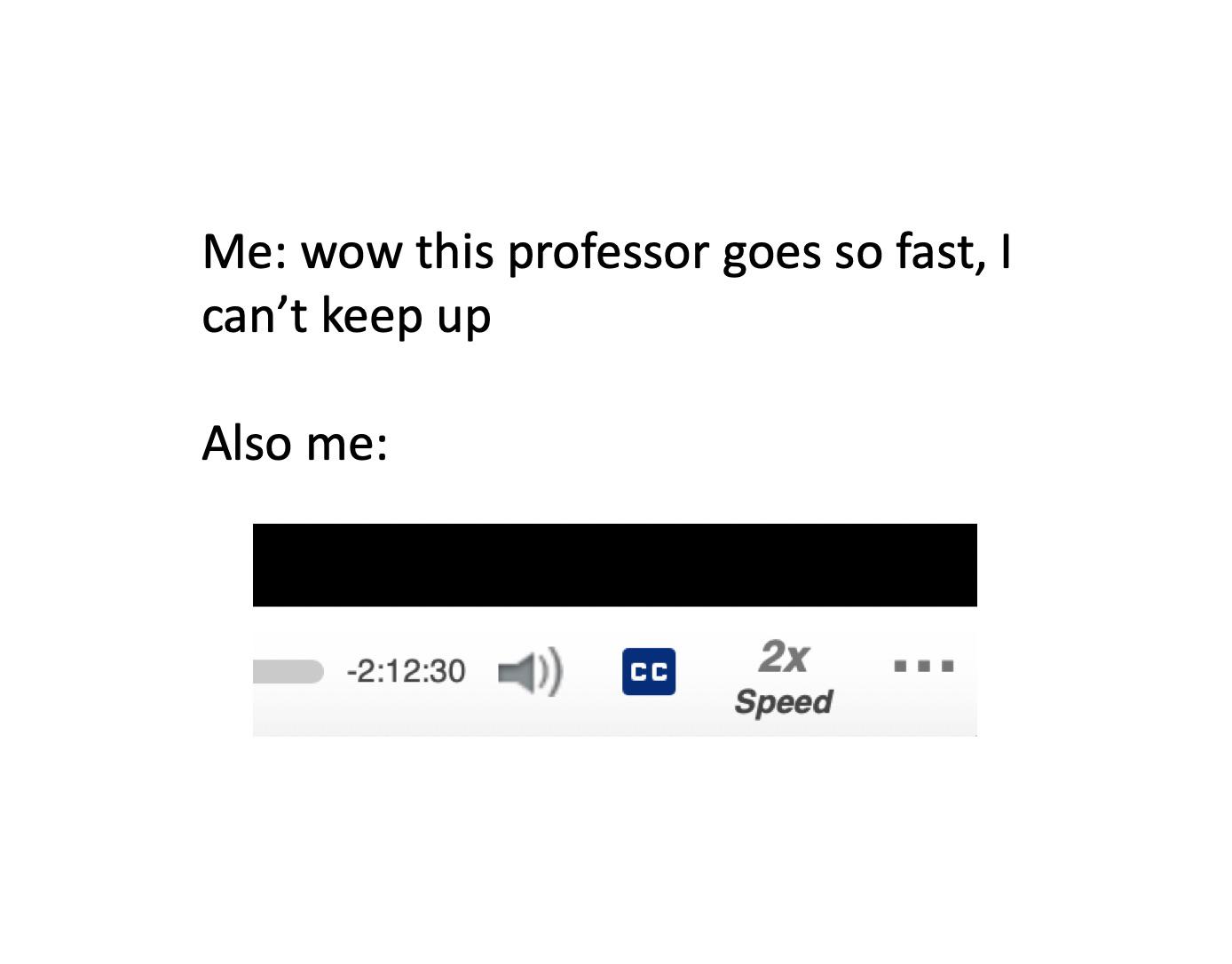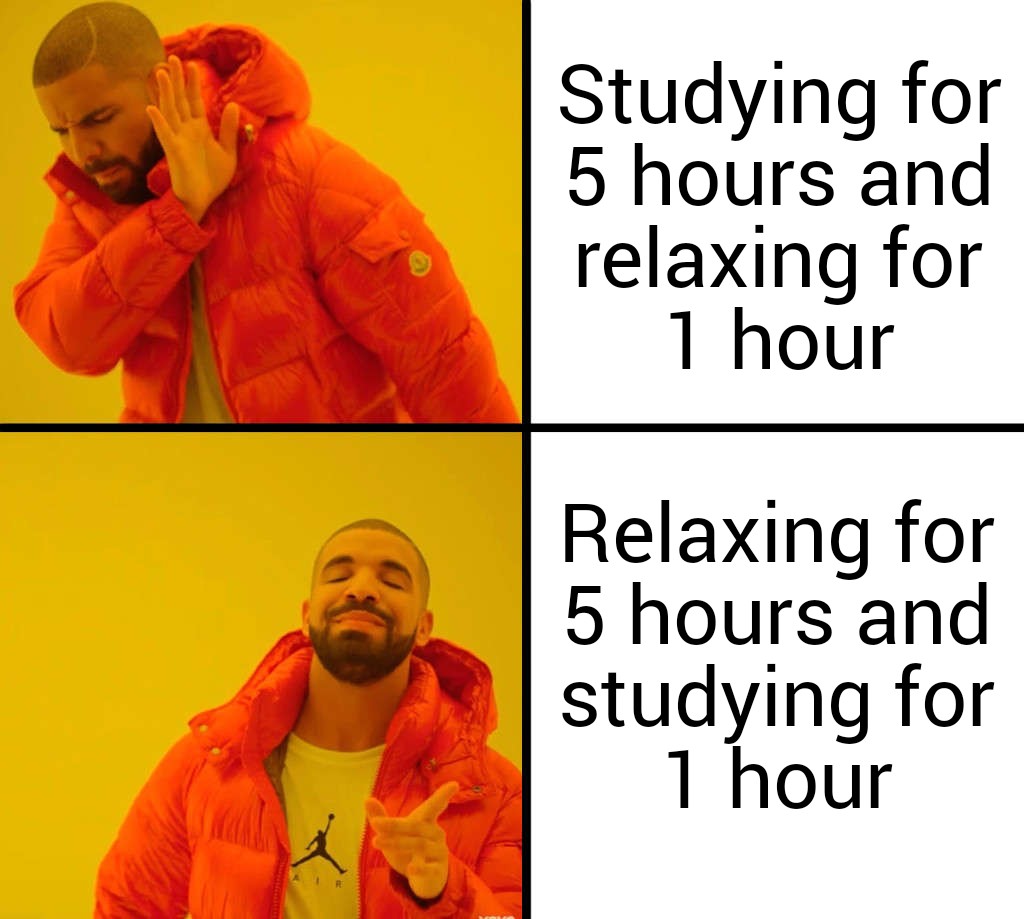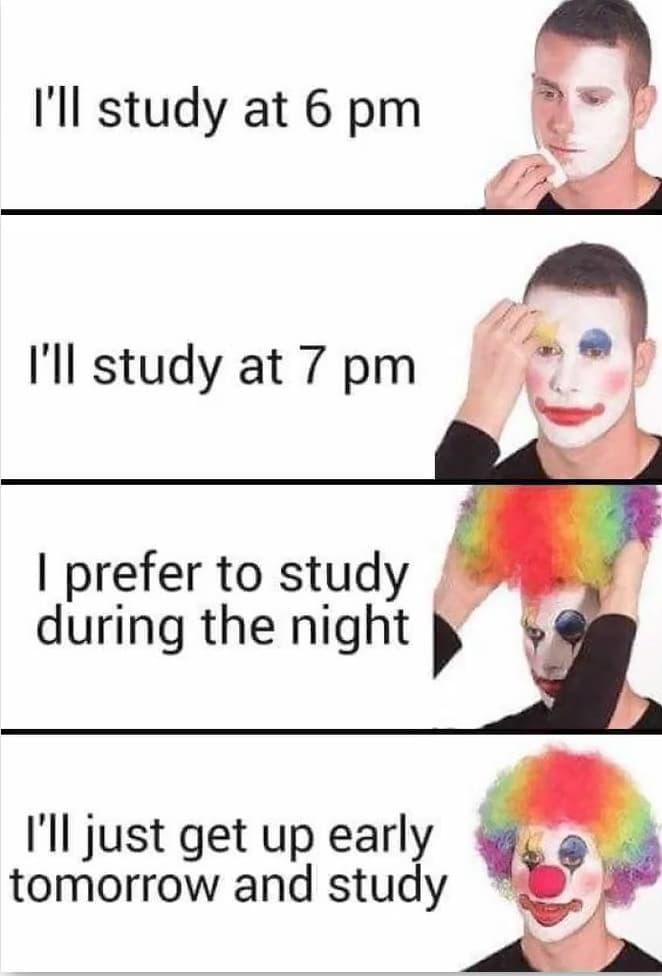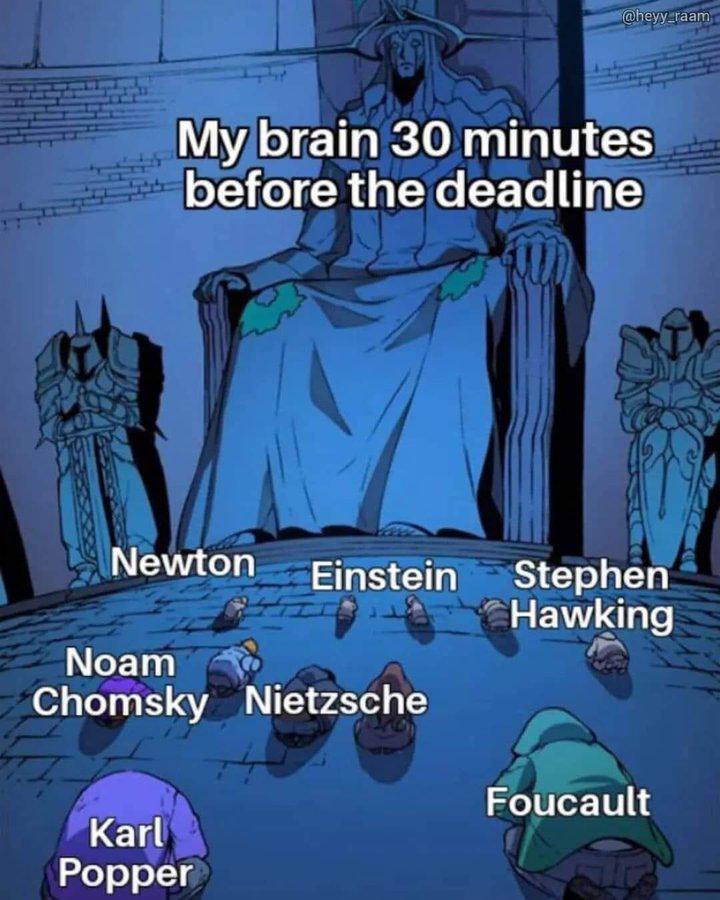The infamous deadline-induced intellectual summoning ritual. Your brain, normally operating at "I forgot what I had for breakfast" capacity, suddenly channels the collective wisdom of history's greatest thinkers when there's only 30 minutes left to submit that paper. Nothing triggers cognitive evolution quite like academic panic. The brain's emergency protocol: "Deploy Newton for physics, Einstein for relativity, Hawking for cosmology, Chomsky for linguistics, Nietzsche for existential dread, Foucault for social theory, and Popper for scientific method." Yet somehow, despite this pantheon of genius at your disposal, you'll still end up writing your conclusion in the submission portal.


 Academia
Academia
 Ai
Ai
 Astronomy
Astronomy
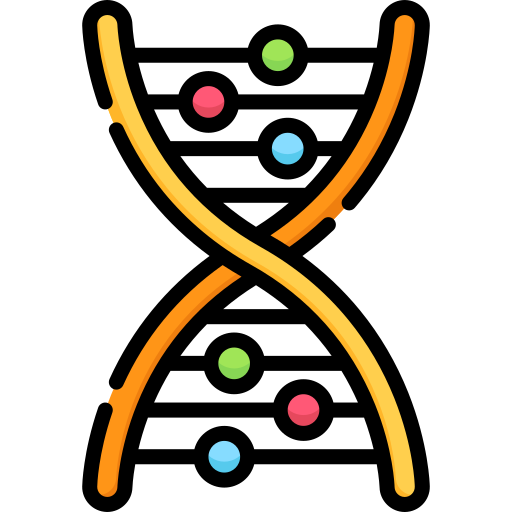 Biology
Biology
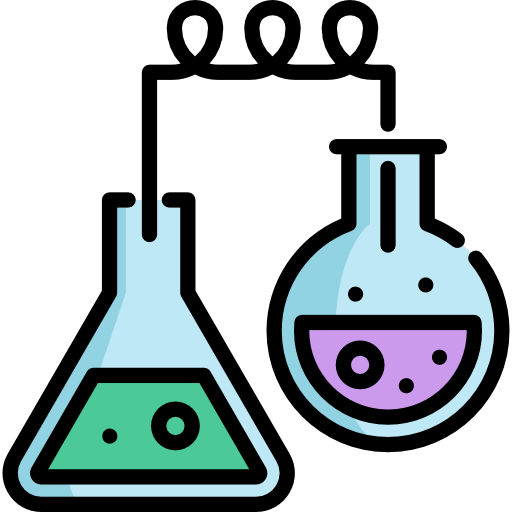 Chemistry
Chemistry
 Climate
Climate
 Conspiracy
Conspiracy
 Earth-science
Earth-science
 Engineering
Engineering
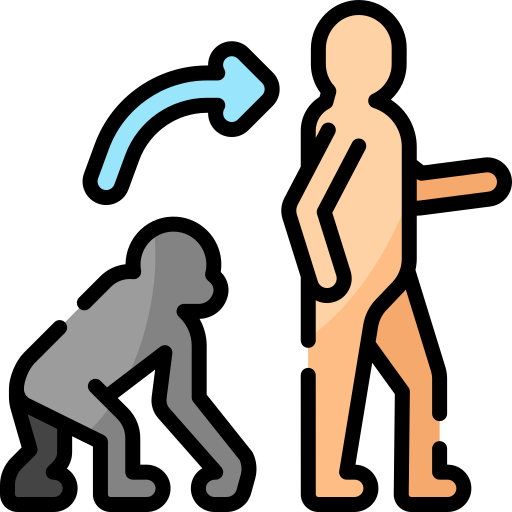 Evolution
Evolution
 Geology
Geology
